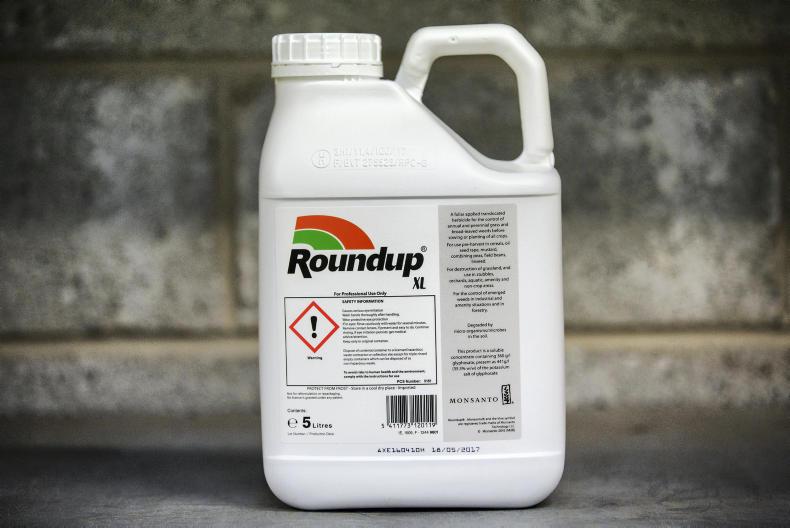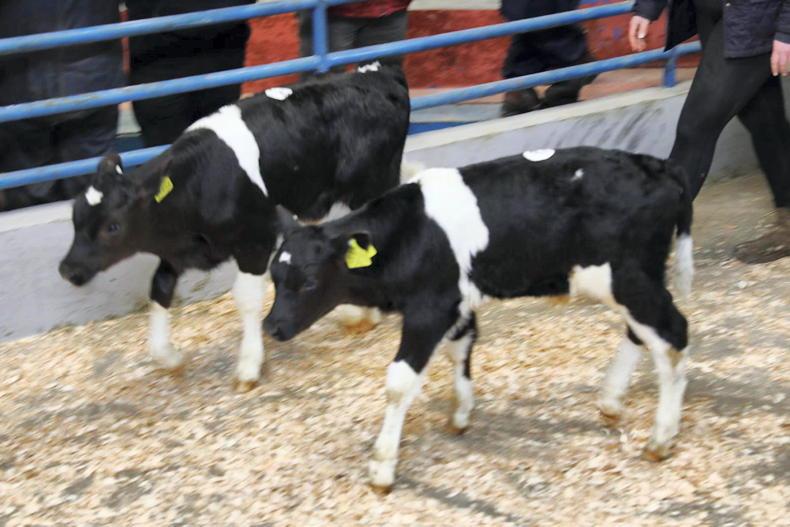Glyphosate is not a carcinogen and there are no risks to public health when glyphosate is used in accordance with its current label, the US Environmental Protection Agency (EPA) has found.
This week, in the EPA’s review of glyphosate, it said that its scientific findings on human health risk are consistent with the conclusions of science reviews by many other countries and other federal agencies.
Glyphosate is the active ingredient used in the popular herbicide Roundup.
“While the agency did not identify public health risks in the 2017 human health risk assessment, the 2017 ecological assessment did identify ecological risks.
“To address these risks, EPA is proposing management measures to help farmers target pesticide sprays on the intended pest, protect pollinators and reduce the problem of weeds becoming resistant to glyphosate,” the EPA said.
Management measures
EPA administrator Andrew Wheeler said that the EPA has found no risks to public health from the current registered uses of glyphosate.
“[The] proposed action includes new management measures that will help farmers use glyphosate in the most effective and efficient way possible, including pollinator protections. We look forward to input from farmers and other stakeholders to ensure that the draft management measures are workable, realistic and effective,” he said.
Also commenting on the EPA review of the herbicide was US secretary of agriculture, Sonny Perdue.
“If we are going to feed 10bn people by 2050, we are going to need all the tools at our disposal, which includes the use the glyphosate,” he said.
“USDA applauds EPA’s proposed registration decision as it is science-based and consistent with the findings of other regulatory authorities that glyphosate does not pose a carcinogenic hazard to humans.”
Glyphosate is the most widely used herbicide in US agriculture and has been studied for decades. Glyphosate is used on more than 100 food crops, including GM corn, soya bean, cotton, canola and sugar beet.
Read more
Top five tips to tackle rushes
Farmers urged to use Roundup in rush control
Controlling rushes using weed-wipers/lickers
Glyphosate is not a carcinogen and there are no risks to public health when glyphosate is used in accordance with its current label, the US Environmental Protection Agency (EPA) has found.
This week, in the EPA’s review of glyphosate, it said that its scientific findings on human health risk are consistent with the conclusions of science reviews by many other countries and other federal agencies.
Glyphosate is the active ingredient used in the popular herbicide Roundup.
“While the agency did not identify public health risks in the 2017 human health risk assessment, the 2017 ecological assessment did identify ecological risks.
“To address these risks, EPA is proposing management measures to help farmers target pesticide sprays on the intended pest, protect pollinators and reduce the problem of weeds becoming resistant to glyphosate,” the EPA said.
Management measures
EPA administrator Andrew Wheeler said that the EPA has found no risks to public health from the current registered uses of glyphosate.
“[The] proposed action includes new management measures that will help farmers use glyphosate in the most effective and efficient way possible, including pollinator protections. We look forward to input from farmers and other stakeholders to ensure that the draft management measures are workable, realistic and effective,” he said.
Also commenting on the EPA review of the herbicide was US secretary of agriculture, Sonny Perdue.
“If we are going to feed 10bn people by 2050, we are going to need all the tools at our disposal, which includes the use the glyphosate,” he said.
“USDA applauds EPA’s proposed registration decision as it is science-based and consistent with the findings of other regulatory authorities that glyphosate does not pose a carcinogenic hazard to humans.”
Glyphosate is the most widely used herbicide in US agriculture and has been studied for decades. Glyphosate is used on more than 100 food crops, including GM corn, soya bean, cotton, canola and sugar beet.
Read more
Top five tips to tackle rushes
Farmers urged to use Roundup in rush control
Controlling rushes using weed-wipers/lickers










SHARING OPTIONS